Having Trouble Sticking to Your Exercise Program? Stay Motivated With These 13 Exercise Adherence Strategies
AASP
JANUARY 18, 2022
Initially, many people are motivated to begin an exercise program, but as much as 80% of people do not stick with exercise once they have started (Centers for Disease Control and Prevention, 2013). So, what does it take to get/stay motivated and how can you increase the likelihood that you will continue exercising?

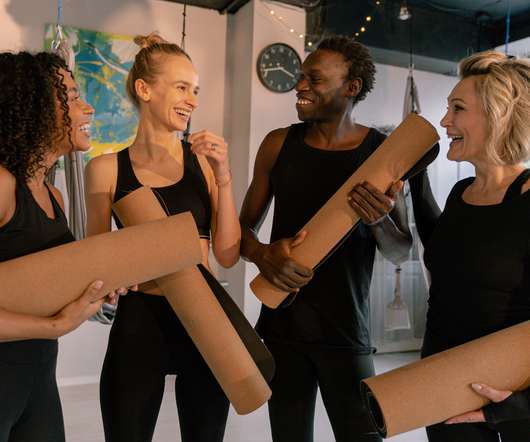

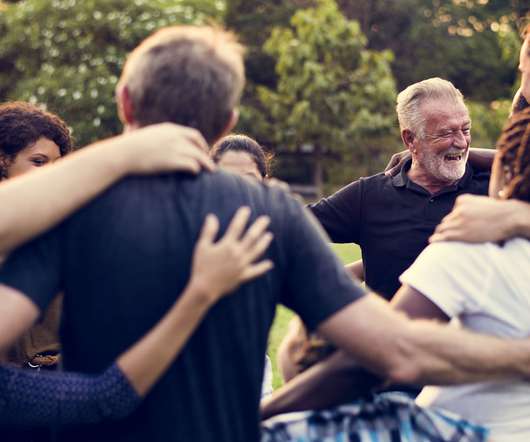
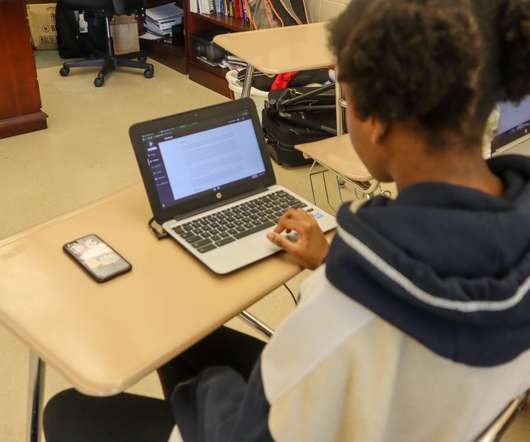
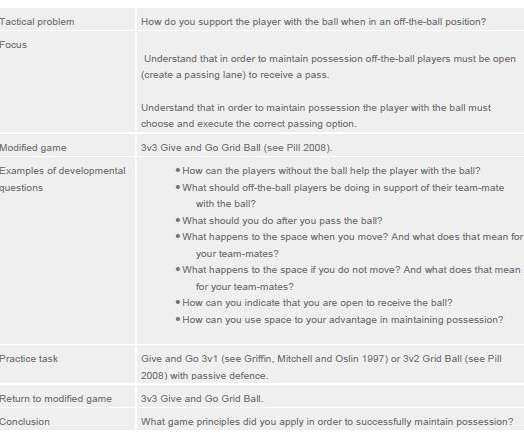
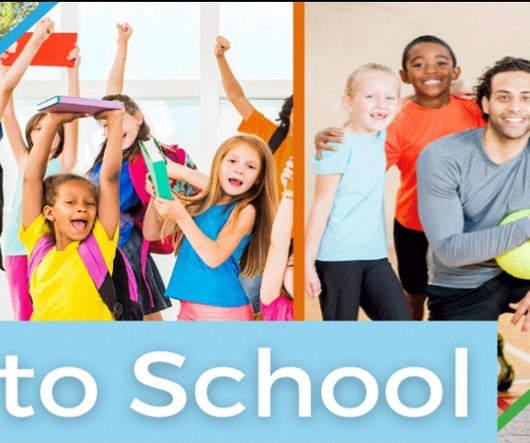
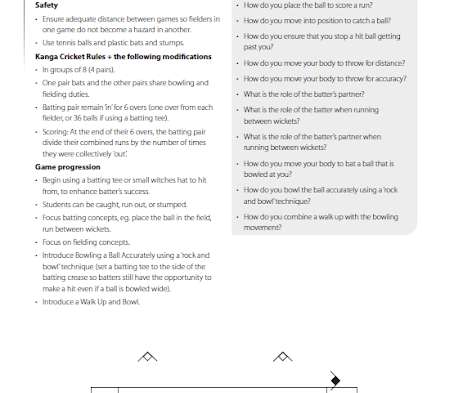
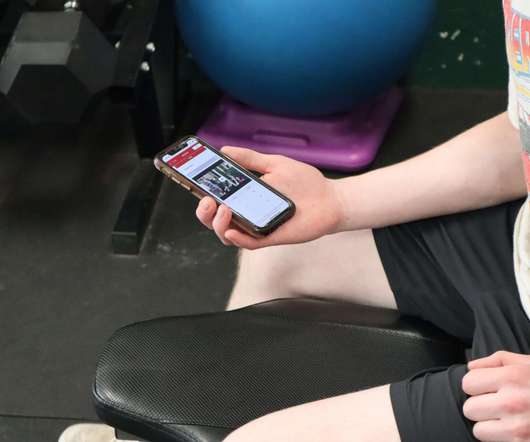
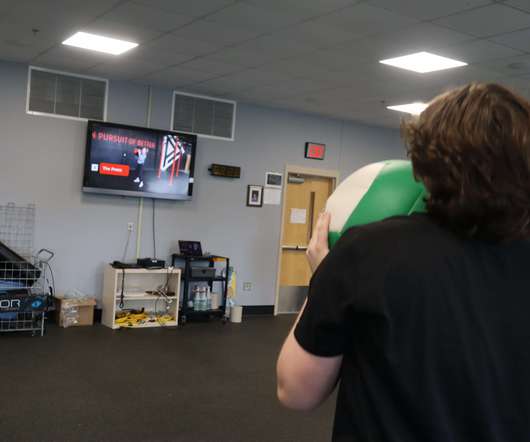
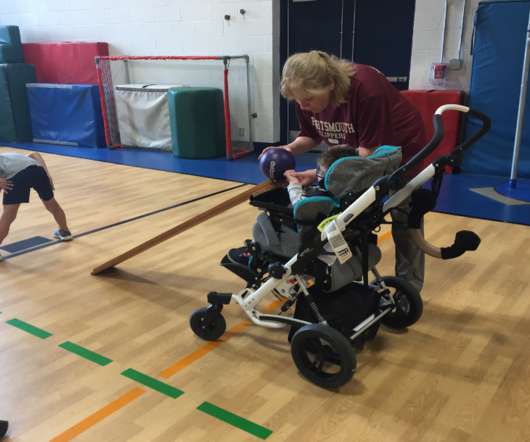
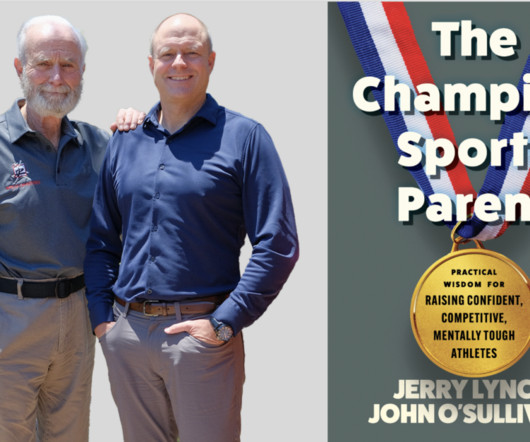
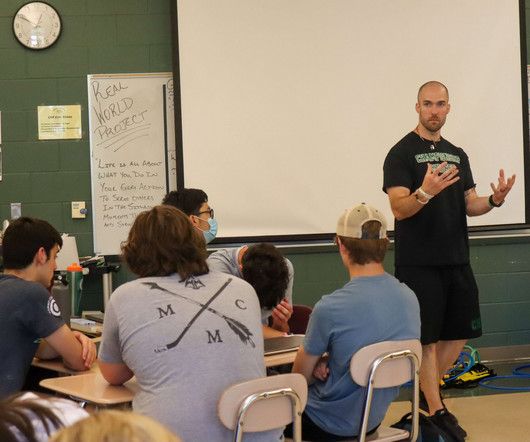






Let's personalize your content